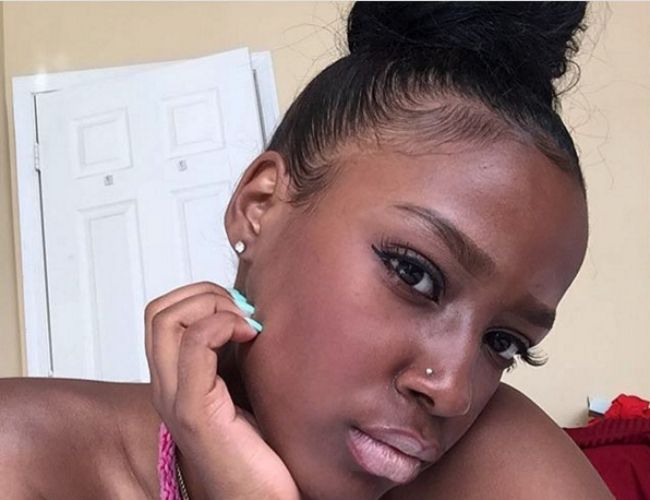Hair is a cornerstone of self-esteem and identity for many people, but ironically, some hairstyles meant to improve our self-confidence actually lead to hair and scalp damage.”
Researchers from Johns Hopkins published recent findings from a review of 19 studies that confirmed a strong association between how Black women style their hair and its relation to hair loss.
Traction alopecia is a type of hair loss that occurs when stress is placed on the scalp and hair follicle over time; this condition may be temporary or permanent and is common along the hairline.
In the report, Hopkins researchers urged dermatologists to become more aware of styles such as ponytails braids and weaves, common hairstyles worn by Black women. These hairstyles are usually done in a manner which creates tension. Traction alopecia is believed to be the most common form of hair loss among black women, with an estimated thirty-three percent of black women suffering from this condition, according to Journal of the American Academy of Dermatology.
Popular hairstyles were placed in 3 categories by the research team: low, moderate, and high risk.
It is important to note that there was no zero risk category, and categorization was according to the amount of:
- heat applied
- the weight placed on the hair, and
- the use of chemicals to alter the hair.
High risk styles include:
- dreadlocks
- weaves
- extensions, and
- braids
Another factor in high risk hairstyles was if the hair had been chemically altered. The findings suggest that Black natural hair has a better ability to withstand the stress that results from a high risk style. Heat and chemicals are known to break down the protein structure of the hair, making it weaker than unaltered strands. This made it easy to realize how styles are create on both a healthy strand and a chemically altered strand leads to different outcomes or risk factors.
Moderate risk hairstyles include:
- those done on hair that has been straightened temporarily through the use of heat.
Heat can weaken the hair shaft, the research claims, so alopecia may result because of the additional stress at this time. High risk styles may be downgraded to moderate risk when done on unaltered or natural hair. Low risk styles include those that hang freely without tension what naturals would tend to call “out” styles. Loose buns and updos are styles that are unlikely to result in alopecia and the researchers noted that curly hair dos such as moisturizing the hair frequently and using products that contain conditioning agents also reduce the risk of traction alopecia.
Yasmine Young, a Baltimore salon owner, also believes that women should return to natural in order to prevent pattern baldness. She sees the findings of the study as bringing out what she already noticed in practicing her craft on clients. “It’s usually from weaves or braids pulled too tight and someone has a bald spot. Then, they keep going back to the same style,” says Young.
Unfortunately, most of us are not surprised by the results of this recent study.
The Black hair community, including stylists and weaveologists, have had a penchant for what we call neatness. All my life, I’ve seen styles so tight that white bulbs dotted the scalp, all in the name of a ‘sleek style’. It wasn’t until I was older that I realized these were the actual hair roots being pulled out of the follicle due to tension. I have watched my mom come home from a session of tightening her locks with a scalp so tender she could barely lay her head down to sleep; I, myself, have had braids installed so tightly that for days, I dared not touch them. It may be argued that back then we didn’t know better.
Many black stylists were just people with a sense of creativity and aptitude for doing hair with little or no formal training of proper hair care. Now, however, there is no excuse. We have access to far too much information, and with images such as this and this, there is hopefully more awareness on the issue that so many Black women have encountered one times too many.
Do you suffer from traction alopecia? Please share your story with the NaturallyCurly community below.

